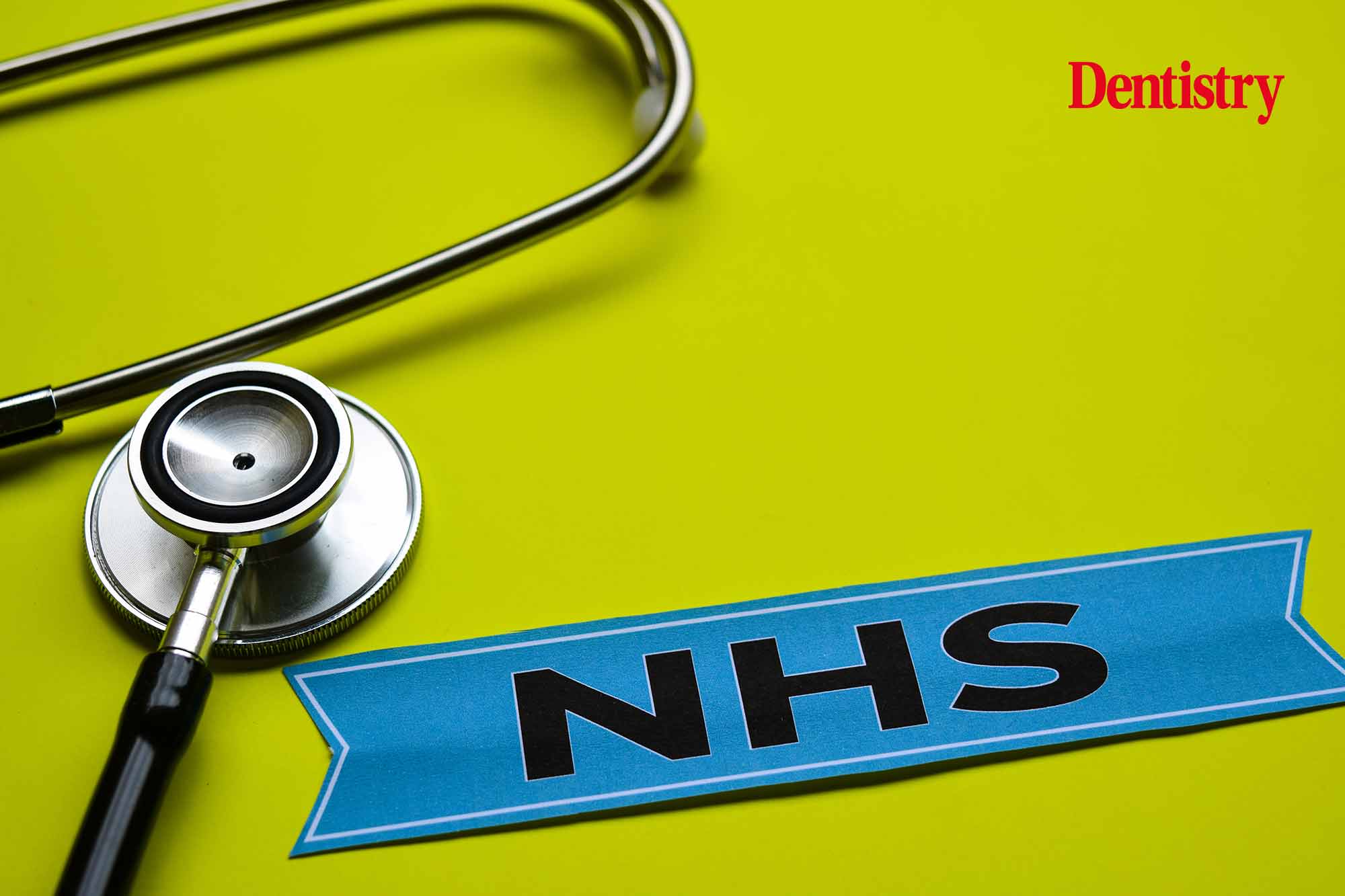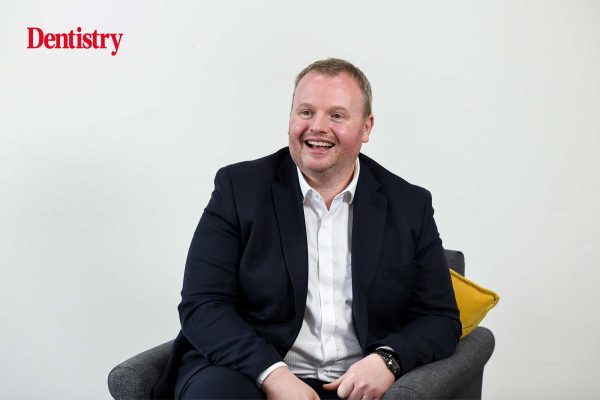
Neil Richardson, dental regional manager, shares research from Wesleyan Financial Services, which reveals an increasing number of dentists and doctors within the NHS pension scheme are exceeding the Annual Allowance (AA).
Against a backdrop of increased costs of living and business operational costs, the potential for higher tax bills will be unwelcome for many NHS dentists across the UK.
Our research in 2022 revealed that for 40%* of dentists, saving enough for retirement was a key financial objective. But balancing pension contributions with potential tax implications is tricky. It is one that more dentists are falling foul of, along with their medical colleagues.
To fully understand the scale of the problem, Wesleyan Financial Services submitted a Freedom of Information request to the government.
Officers (which include hospital dentists) and practitioners (which include NHS associates and principals) exceeding the AA:
| Tax year | Number exceeding the AA |
| 18/19 | 23,184 |
| 19/20 | 29,733 |
| 20/21 | 33,227 |
| 21/22 | 55,765 |
From the data, there is a steady upward trend from the 18/19 to 20/21 tax years. However, that jumps to a staggering 68% in the 21/22 tax year compared to the previous.
These figures are provisional as the figures for practitioners are likely to increase further as more of their 2021/22 income data is submitted to the NHS pension scheme later this year.

What’s causing the rise in the 21/22 tax year?
The 2015, 1995 practitioner and 2008 practitioner CARE elements of the scheme are index-linked with inflation, meaning that on top of your current and prior pension benefits, there is an uplift in line with the Consumer Price Index (CPI) rate each year with an additional 1.5% for active members of the scheme.
The reason that inflation causes an AA charge is because of the misalignment of how CPI is used in the calculation.
The opening value used to calculate the AA is increased by CPI. This is with the aim of removing CPI growth, so the input is measured purely on actual pension growth.
However, as the pension is revalued just before the closing value is calculated by CPI a year later, this does not work if CPI is increasing.
For example, for the 2021/22 tax year, the CPI used for the opening value was 0.5%. However the pension revaluation factor was 4.6%.
Also, for officers there was a large increase as members received an annual pay increment above inflation.
What can be done to mitigate a potential breach?
There are options for how to manage the impact on your finances, including utilising Scheme Pays (where a member can ask the Scheme to pay their AA charge).
When scheme pays is requested, a debt is created on the pension which is deducted at retirement. The debt is divided by a factor to show how much should be deducted annually for the remainder of the member’s life expectancy.
Whether Scheme Pays is the right course of action depends on your personal circumstances. Seeking specialist financial advice from experts in the NHS pension scheme can give you the confidence.
What does that mean for the larger CPI figures we’ve seen in 22/23?
It’s been difficult to miss the media coverage on the rising costs of living and high CPI rates that we have endured throughout 2022 and at the start of 2023.
It would be understandable that many dentists may be concerned about what this means for the 22/23 tax year. Particularly as CPI was recorded at 10.1% in September.
This means that dentists who are active members of the scheme could be looking at an eye watering level of potential benefit growth once we factor in the combination of active service added to the impact of high inflation.
However, in some good news, the government published a consultation on 5 December 2022. This focused on how this issue can be addressed for members.
The Department of Health and Social Care has proposed a solution. This involves delaying the date at which the NHS pension scheme will revalue the 2015 NHS CARE Pension Scheme and dynamise the practitioner earnings in the NHS legacy scheme (the 1995 or 2008 sections).
What could happen?
By potentially delaying these re-valuation/dynamising events until early in the next tax year we could see that two things happen:
- There is no pension growth associated with revaluation or dynamisation in the 2022/23 tax year. There will still be pension growth based on the NHS pension you build up over the course of that tax year (which will be 1/54th of your earnings)
- HMRC allows for some linked inflationary growth of a pension. The solution outlined means that HMRC’s allowance for inflationary growth in 2023/24 will be 10.1% which is better aligned with the revaluation/dynamisation given in that year. This means that there will be no artificial increase in AA charges.
The consultation has now closed. We are currently awaiting the review of the consultation feedback before final proposals are confirmed.
Concerned about your NHS pension? Contact Wesleyan Financial Services to book a no-obligation financial review with a Specialist Financial Adviser, recognised by the NHS as able to provide advice on the NHS pension scheme. Visit wesleyan.co.uk/dental or call 0800 316 3784 to get started.
Please note: Tax treatment depends on individual circumstances and may be subject to change in future.
*Findings are based on consumer research of 363 dental professionals (189 of which were female dentists). It was conducted by FMC on behalf of Wesleyan Financial Services between the 12 March and 3 May 2022.


